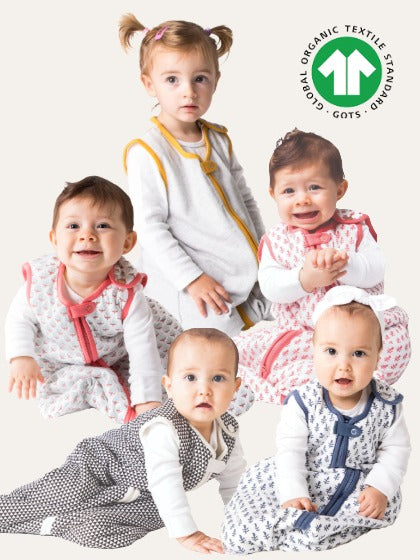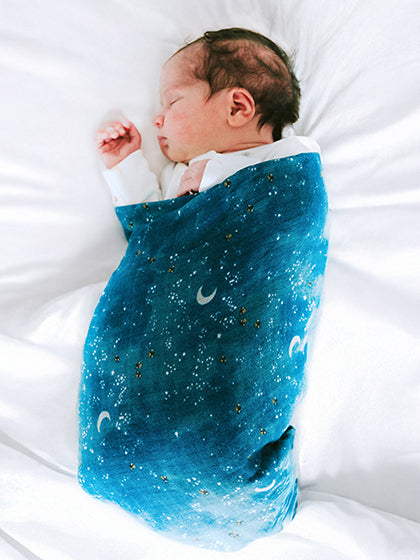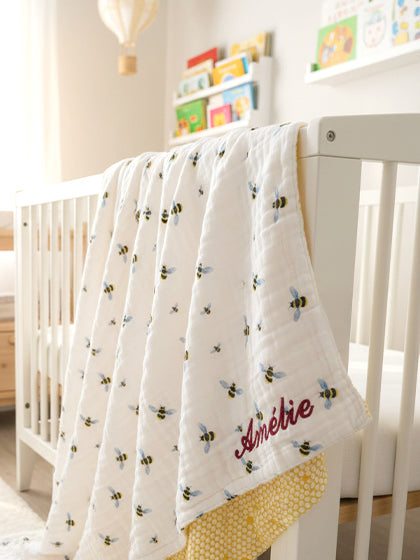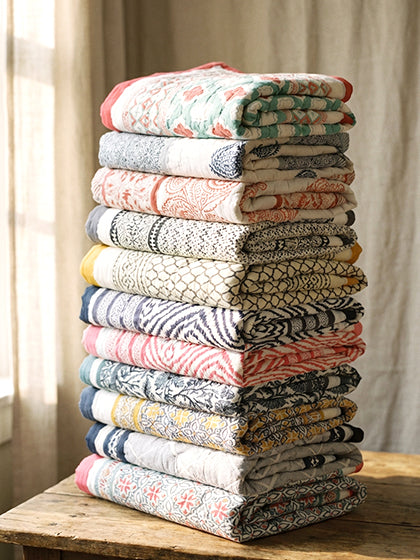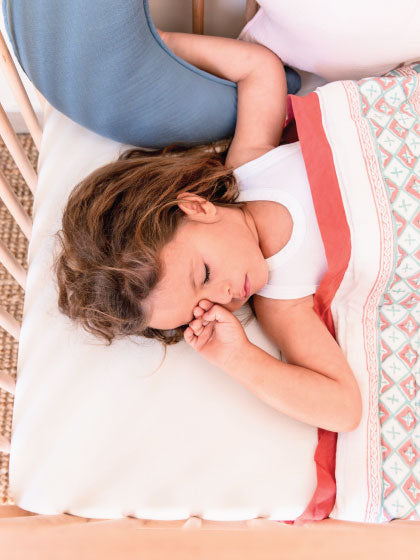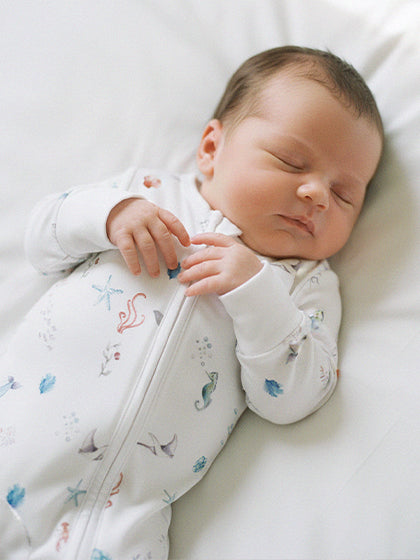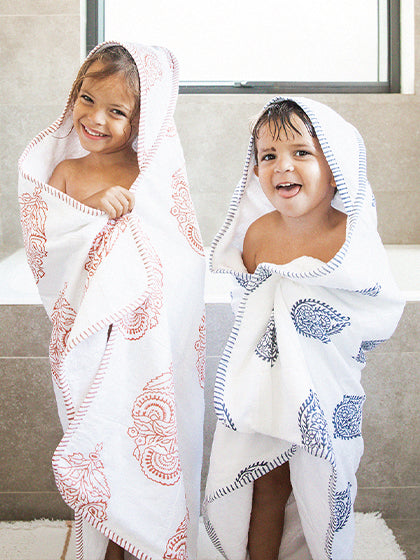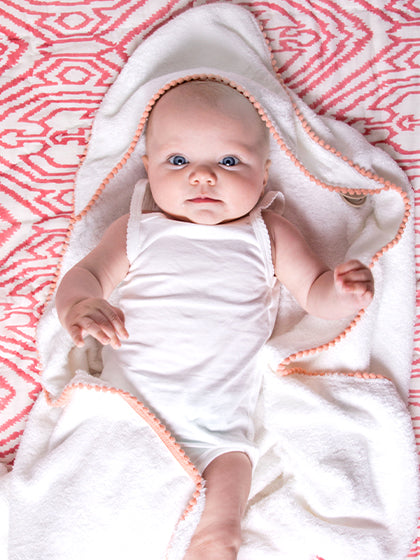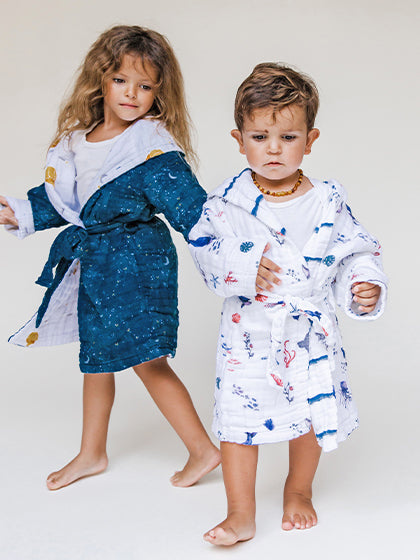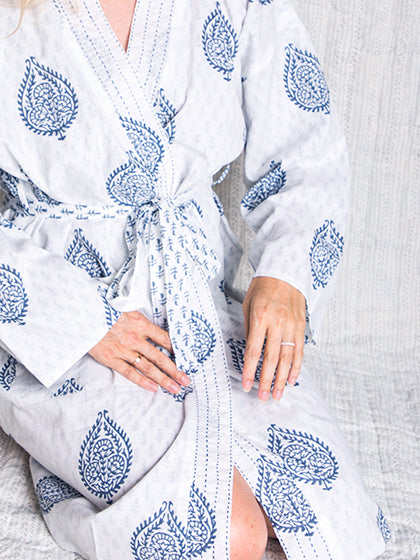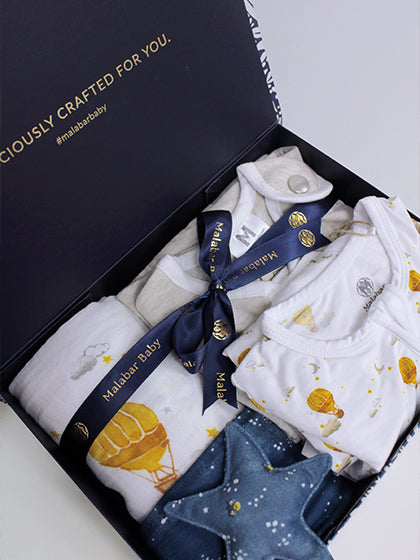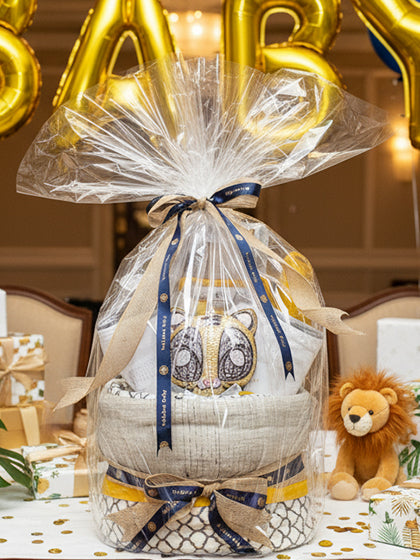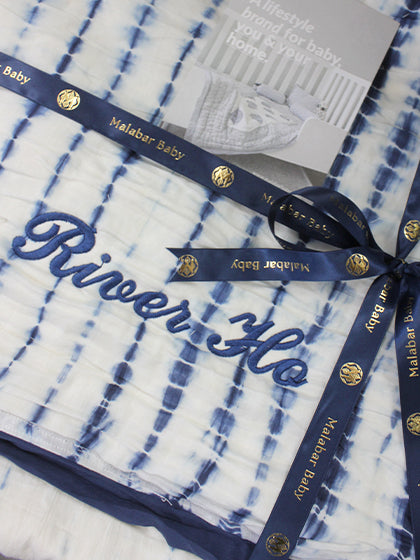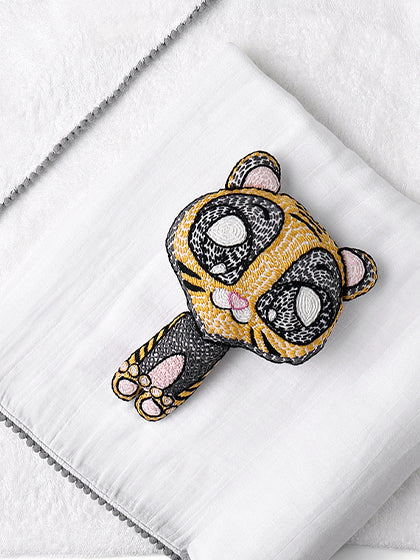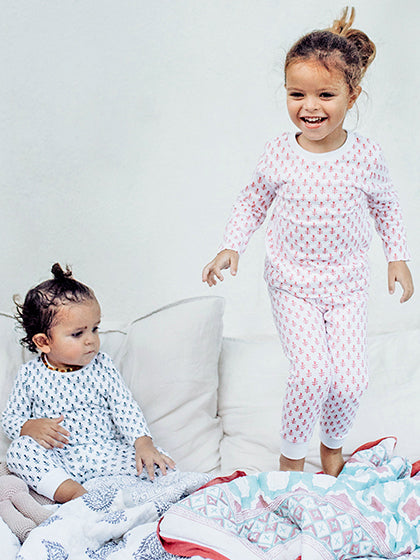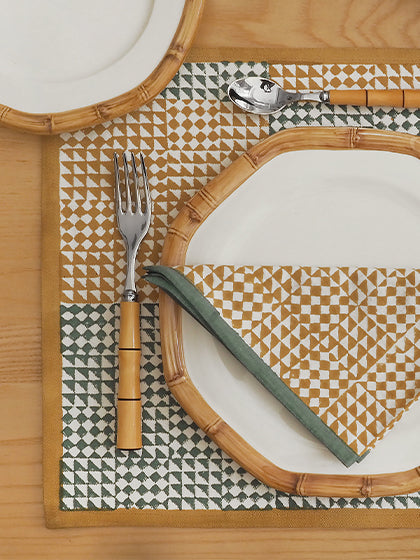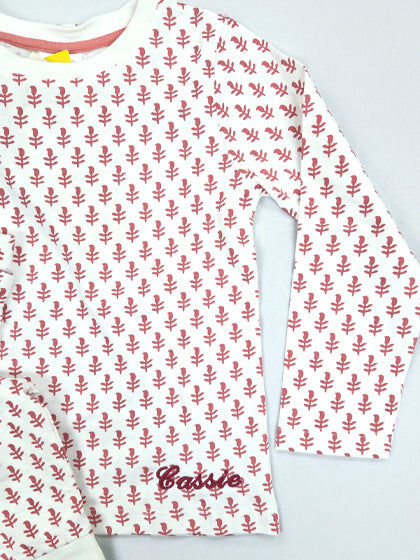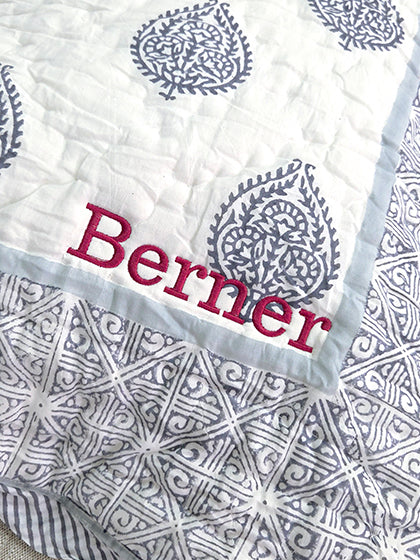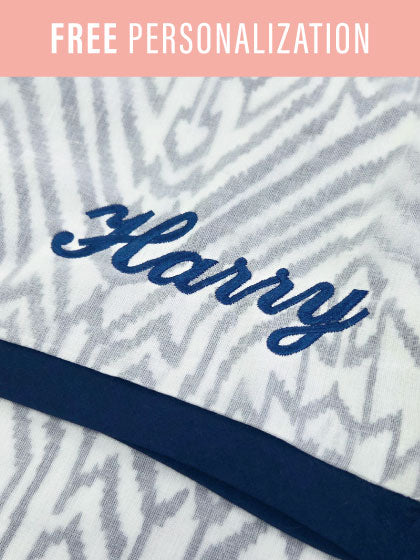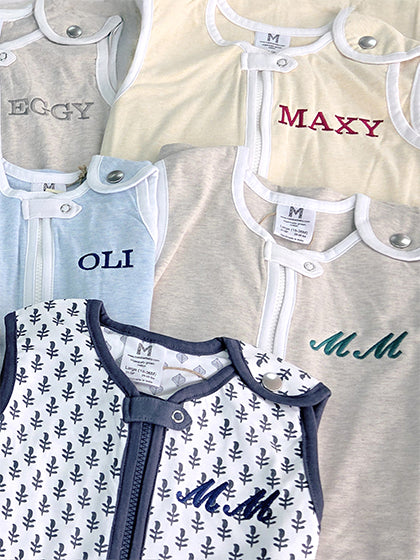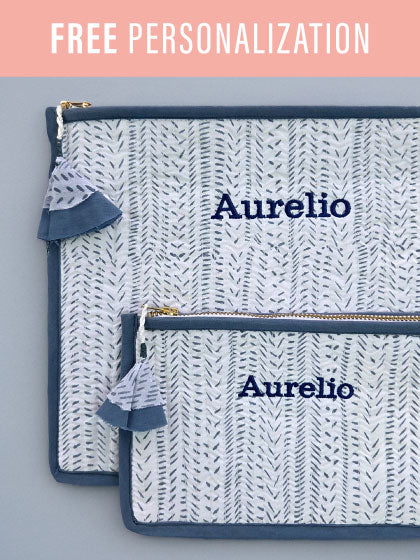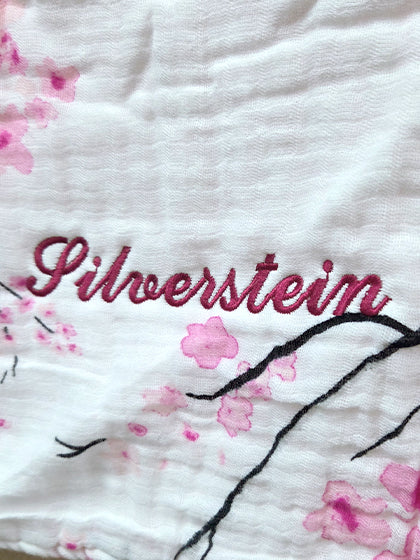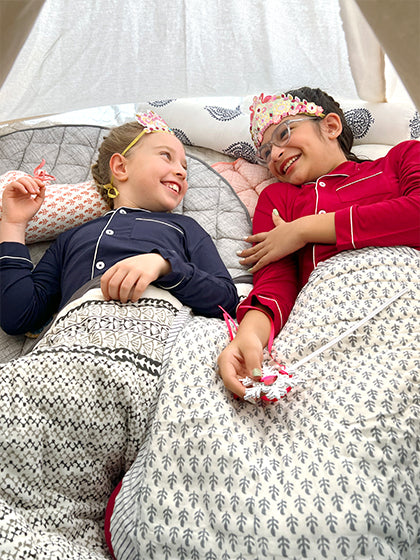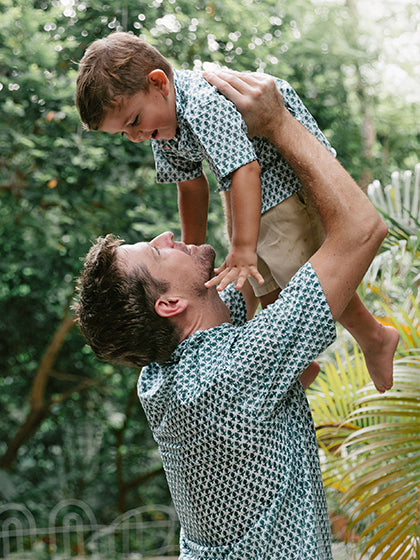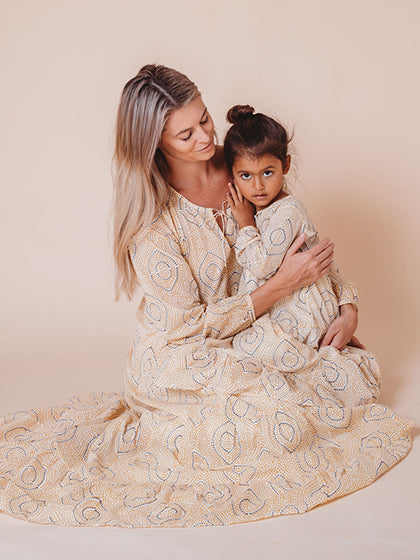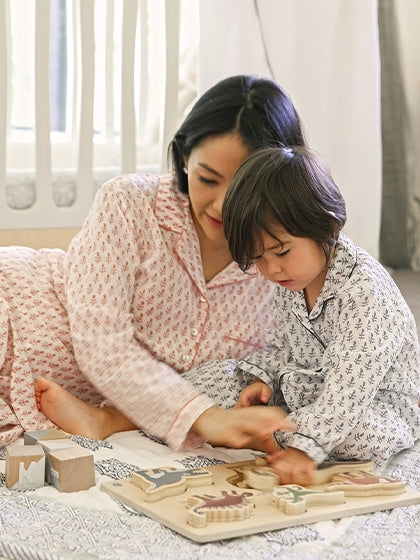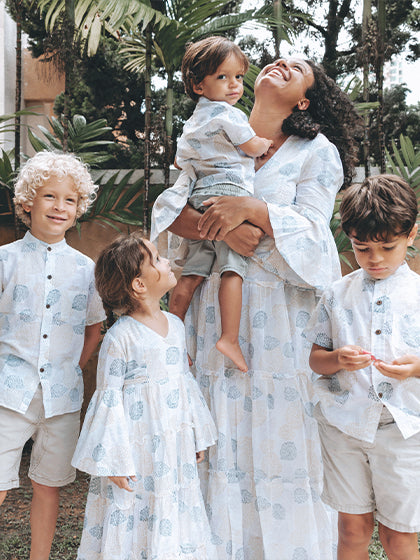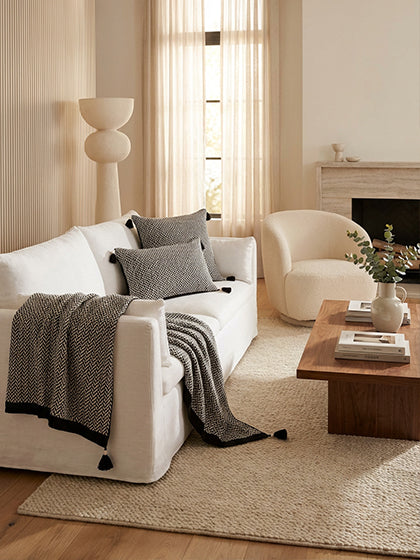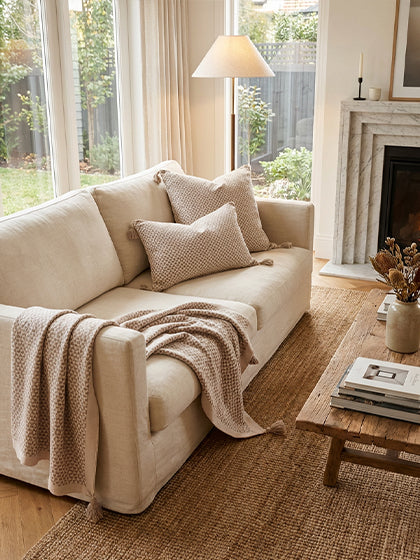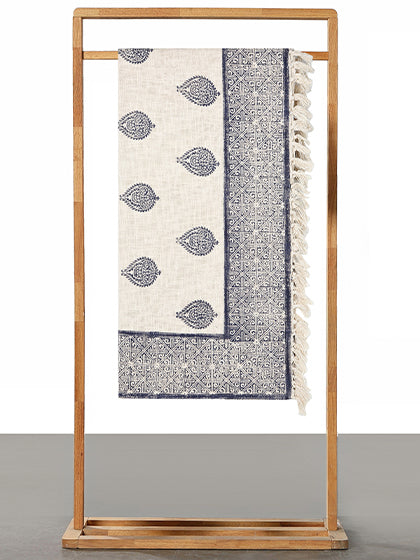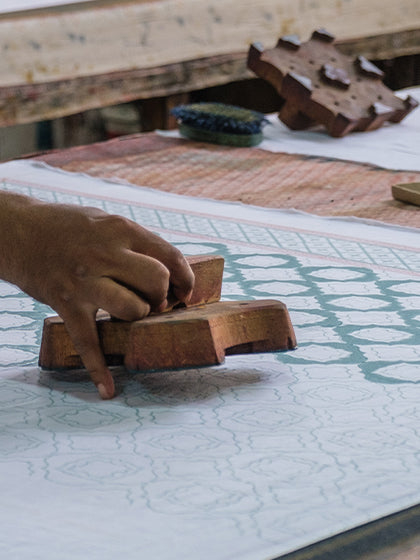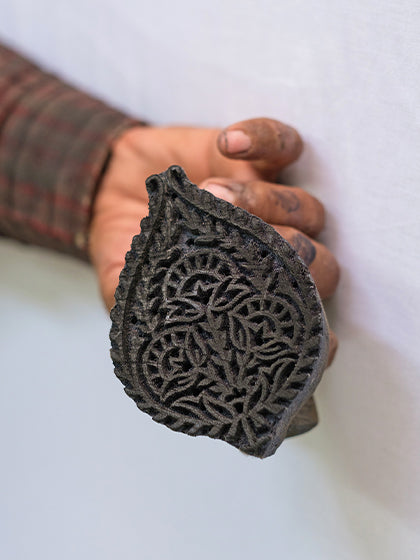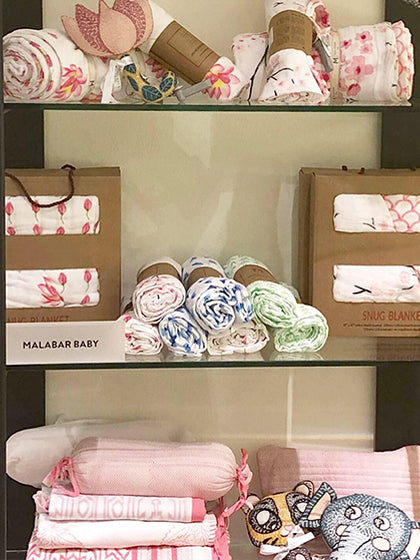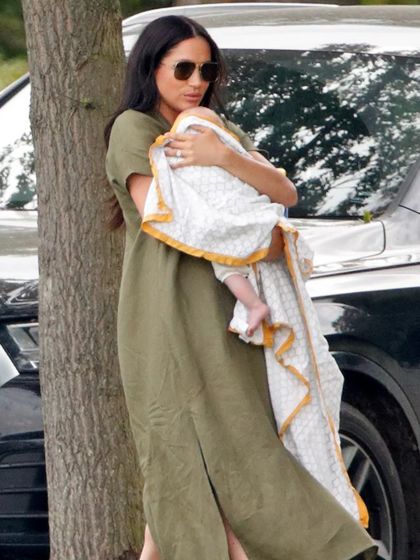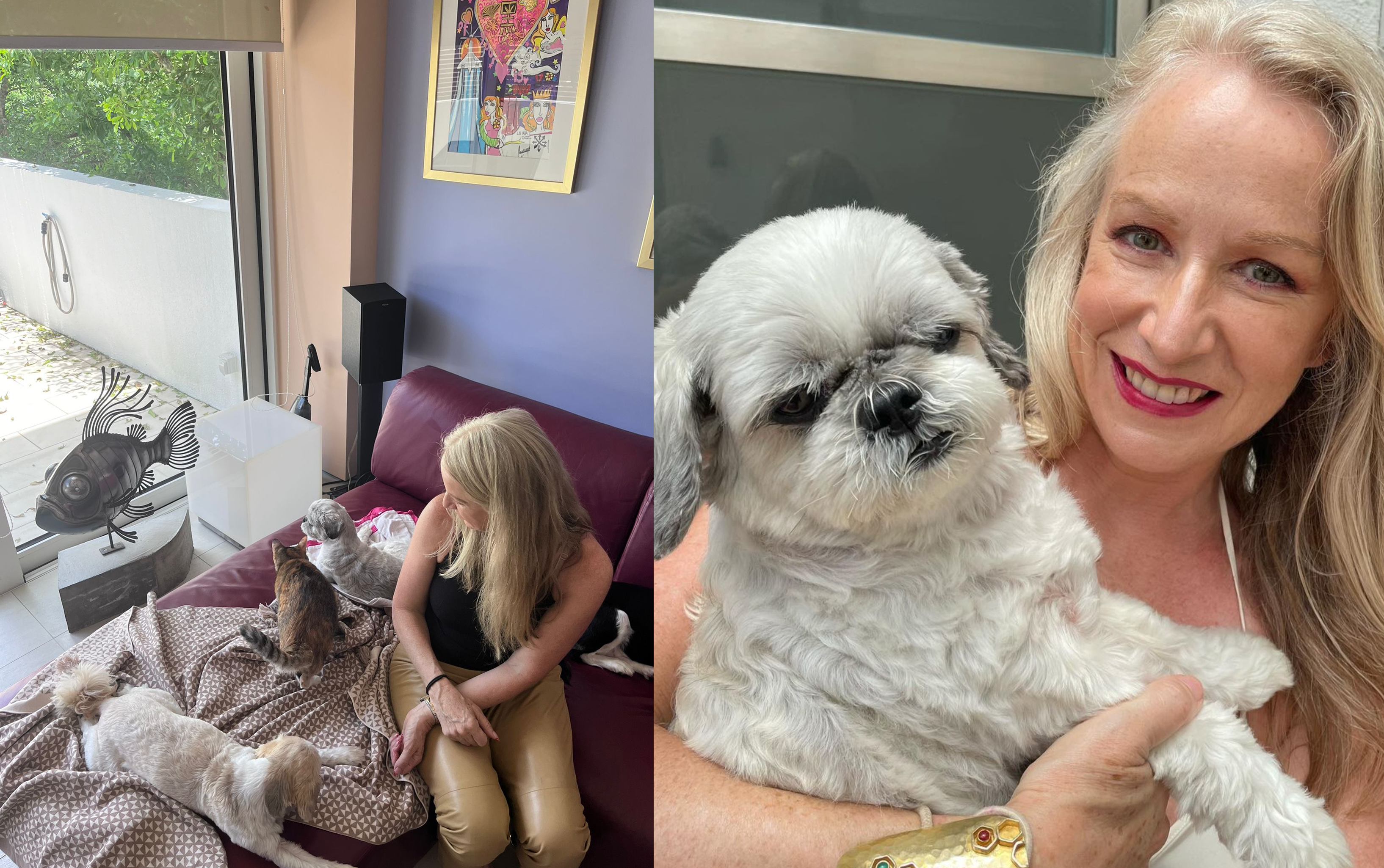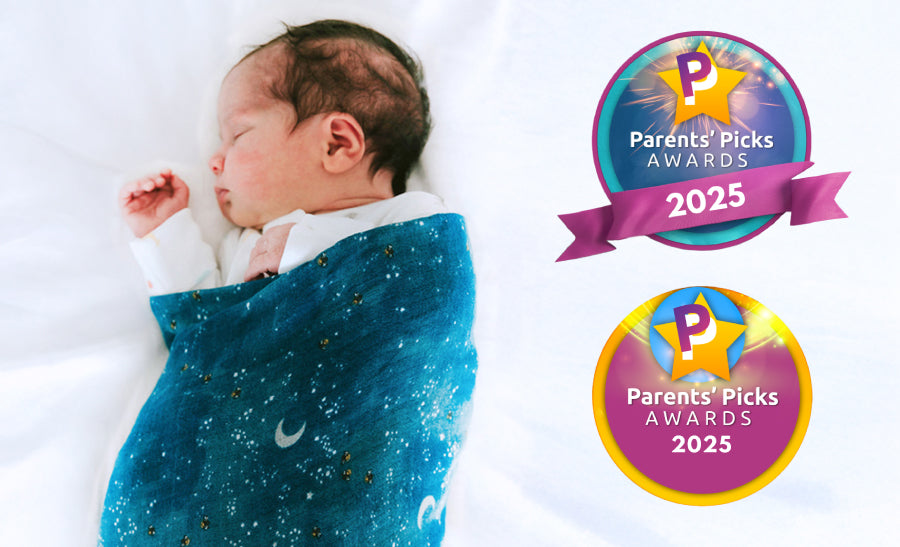Are Weighted Sleep Sacks Safe for Babies? - A Pediatric Sleep Consultant's Perspective.
As parents, making sure the safety and good health of our little ones is always at the forefront of our minds - especially when it comes to their sleep.
In this article, we will be addressing a question that many parents have recently asked us “are weighted sleep sacks safe for babies?” While Malabar Baby does not make weighted sleep sacks we thought it was important to explore the topic further. The below article aimed to educate and inform has been written by Rinie Gupta, Founder of Yawn To Dawn.
There was a wave of concern that recently rippled through the parenting community following the decision of retail giants like Target, Amazon, Walmart and Baby List into pulling weighted sleep sacks and blankets from their platforms after the commissioner of the CPSC (Consumer Product Safety Commission) appealed to them to stop selling weighted sleep wear for babies.
Thus, it is important to go deeper into the topic and examine the safety implications of weighted sleep sacks for infants in 2024 & beyond. Through this article, we'll explore the major claims surrounding weighted sleep sacks, review available evidence, and discuss alternative sleep solutions that prioritize both safety and effectiveness for our babies in the long run.
Understanding Weighted Sleep Sacks:
What are Sleep Sacks?
First of all, before discussing whether weighted sleep sacks are safe or not, let’s understand what sleep sacks really are.
They are wearable blankets suitable for babies and toddlers. They offer a safe alternative to loose blankets in cribs, providing warmth and security for little ones during sleep. Malabar Baby makes lightweight organic cotton sleep sacks (TOG 0.6) and organic cotton quilted (with poly filler) sleep sack (TOG 2.2) but, not weighted sleep sacks.

What are Weighted Sleep Sacks?
Weighted sleep sacks have an additional feature of gentle weights (1 to 15 pounds depending on the age of the baby) that are distributed throughout the garment too or concentrated in certain areas of the sleep sack. The weights are typically added by putting polypropylene or micor glass beads between the layers of fabric, making the sleep sack heavier than a cotton sleep sack. The ultimate aim is to imitate the sensation of being held or having a caregiver’s hand over the baby’s body.
Claims vs. Evidence: Do Weighted Sleep Sacks Really Improve Sleep?
The concept behind sleep bag items is rooted in the idea that the added pressure on the body can lead to improved sleep quality and duration for babies. Makers of these products suggest that the gentle weight helps soothe infants, mimicking the calming effect of a caregiver's touch. However, the validity of these claims remains a subject of debate within the medical community as of now.
While some parents may advocate for the perceived benefits of weighted sleep sacks based on their personal experiences, it's crucial to differentiate between anecdotal evidence and scientific research. And there really isn’t any unbiased scientific study that supports these claims.
Recent Concerns: Lack of Clear Safety Data on Weighted Sleep Sacks
As we mentioned before, the recent decision by major retailers such as Amazon, Target, Walmart and Baby List in April 2024 to remove weighted sleep products from their platforms highlights the growing concerns surrounding the safety of these items. Regulatory bodies like the American Academy of Pediatrics (AAP) and the United States Consumer Product Safety Commission (CPSC) have raised red flags regarding the use of weighted sleep products for babies too.
What are the major risks associated with weighted sleep sacks?
- Inability to roll back to a safe sleep position
If a baby wearing a sleeping bag that rolls onto their stomach, the added weight may make it difficult for them to return to a safe sleeping position.
- Overheating
The additional weights can also lead to overheating which is a known cause of Sudden Infant Death Syndrome (SIDS).
- Restricted breathing & heart function
Unlike adults, babies have delicate rib cages that are not fully developed, making them more open to breathing obstructions. The added weight on the chest can impede proper breathing and ability to pump blood, potentially leading to serious complications.
Despite the safety concerns raised by the AAP and CPSC, marketing campaigns of brands like Dreamland Baby and Nested Bean highlight the sleep-improving features of their weighted sleep products and stand by the fact that their products are safe. However, the scientific evidence backing these assertions remains sparse and inconclusive.
The Opinion of a Pediatric Sleep Consultant
As a pediatric sleep consultant, I have recommended against the use of weighted sleep sacks long before the US retailers’ announcement of pulling them off the market due to safety concerns.
While I understand that advancements in baby sleep products are certainly exciting, it's vital that these innovations undergo thorough testing and evaluation to guarantee their safety and effectiveness.
Ultimately, the key to addressing infant sleep challenges lies not in gimmicky products or quick fixes, but in establishing healthy sleep habits from the beginning. Parents should prioritize safety, consistent routines, and a conducive sleep environment to solve the problem of sleepless nights.
The Alternative to Weighted Sleep Sacks
Just because safety concerns have been raised about weighted sleep sacks, it does not mean that all sleep sacks are unsafe for babies. I am an advocate for the use of non-weighted sleep sacks made out of breathable material for babies and toddlers alike. They can improve their quality of sleep by keeping them comfortable through the night, are a safe alternative to loose blankets and can become a steady sleep association.
In the search for safe and good quality sleep sacks for your little bundle of joy, Malabar Baby really stands out thanks to its unwavering dedication to quality and safety. Not only do I recommend the families I work with to choose Malabar Baby sleep sacks for their little ones, I've used them for years for my own toddler.
By prioritizing organic materials and unique design, Malabar Baby provides a diverse array of sleep sacks and swaddles crafted to cater to the distinct needs of infants and toddlers alike.
The Benefits of Malabar Baby Sleep Sacks

- Breathable Cotton for Comfort
Malabar Baby's sleep sacks are crafted from premium organic GOTS certified cotton, ensuring the utmost comfort and breathability. Unlike traditional blankets that may pose suffocation risks, Malabar Baby's sleep sacks provide a safe and cosy sleep environment, free from loose fabric or tangled blankets.
- Suitable from Newborn to Toddler Years
Designed with versatility in mind, Malabar Baby sleep sacks are suitable from newborn to toddler years. The many sizing options, ranging from S to XL, accommodate your child’s growth and development, ensuring a snug and secure fit throughout their early years.
- Non-Weighted Design for Peace of Mind
Unlike sleeping bag products that raise concerns about safety and efficacy, Malabar Baby's sleep sacks feature a non-weighted design, prioritizing the safety and well-being of your little one. With no added pressure on the chest or body, parents can rest assured knowing that their baby sleeps soundly in a secure and nurturing sleep sack.
Other Malabar Baby Products: Muslin Swaddles for Newborns

In addition to their acclaimed sleep sacks, Malabar Baby offers a range of muslin swaddles designed specifically for newborns as well.
Crafted from the same high-quality organic cotton, these swaddles provide a gentle and breathable cocoon for your baby, promoting a sense of security and comfort during sleep. With a variety of stylish designs and patterns to choose from, Malabar Baby's muslin swaddles are both practical and aesthetically pleasing additions to your baby's sleep routine.
Making safety and effectiveness top priorities in sleep solutions is essential for promoting the best possible health and development. Malabar Baby's sleep sacks offer a secure and comforting option, made from high-quality organic materials.
Trusted by both sleep consultants and parents globally, these sleep sacks provide not only comfort but also peace of mind. Yet, it's not just about the products; establishing healthy sleep habits is key. Consistent routines and creating a sleep-friendly environment lay the groundwork for peaceful nights and happy mornings, ensuring long-term benefits rather than just quick fixes.
About the author: Rinie Gupta is a double certified Pediatric Sleep Consultant, Newborn Care Specialist. founder of Yawn to Dawn Consulting and toddler mama based in Singapore. Contact her to get effective and holistic solutions to your baby's sleep troubles. Join her Instagram community of thousands of parents.

